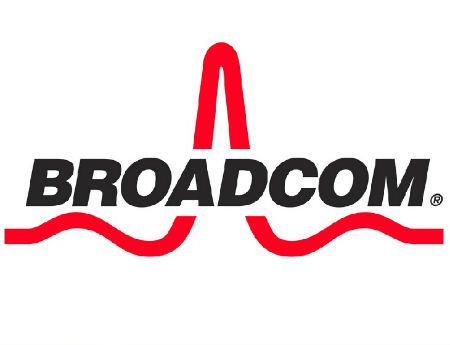Broadcom Debuts Multi-Codec 4K Chips
The smarter way to stay on top of the multichannel video marketplace. Sign up below.
You are now subscribed
Your newsletter sign-up was successful

Broadcom has introduced next-gen Ultra HD/4K chipsets for set-tops, gateways and video clients that tie in support for two bandwidth-saving codecs – High Efficiency Video Coding (HEVC) and the Google-led VP9 platform.
The new chips – the BCM7448S and BCM7449S – also bake in support for the 2.0 version of Multimedia over Coax Alliance (MoCA) technology, a speedy coax-based IP home networking platform that handles throughputs of 400 Mbps in basic mode and up to 800 Mbps in an enhanced, turbo mode.
Broadcom, which announced the chips in tandem with this week’s CableLabs Winter Conference in Orlando, said the new systems-on-chip (SoCs) are hardware- and software-compatible for upgrade with its line of BCM74XX-series of Ultra HD chips, which have already been selected by companies such as Dish Network for its coming 4K Joey box and TiVo’s first anticipated 4K-capable box.
Both HEVC and Google’s royalty-free VP9 codecs aim to be about 50% more bandwidth-efficient that H.264/MPEG-4. Google’s YouTube unit has been showing off 4K streaming with VP9, while some major pay-TV providers have been more focused on 4K offerings that work in tandem with HEVC. Broadcom's new chips also support display resolution speeds of 60 frames per second (4Kp60), a frame rate that is required to deliver stutter-free quick-action, sports video. Broadcom’s new 4K silicon will also feature watermarking and DCAS cardless security and 10-bit color, the company said.
Broadcom expects both codecs to have an impact in the market, hence why the chipmaker is supporting both in its new chipsets, Joe Del Rio, associate product line director at Broadcom, said, noting that the new SoCs aim to drive more performance at a lower price point and power profile than the company’s first-gen 4K chips.
“If you’re an operator and want to offer a range of content to your subscribers, you’ll want to pick a solution that gives you flexibility,” Del Rio said. 4Kp60 and 10-bit color is becoming the “minimum requirement to playing the game going forward” with respect to 4K, he added.
Broadcom said it is currently sampling the BCM7448S and BCM7449S, but did not announce pricing. Both chipsets are also made to work with the Reference Design Kit, a preintegrated software stack for IP-capable devices that’s being managed by Comcast, Time Warner Cable and Liberty Global.
The smarter way to stay on top of the multichannel video marketplace. Sign up below.
Separately, Broadcom announced an upstream diagnostic analyzer that will help MSOs remotely detect and locate upstream noise sources in real-time without the need for pricey truck rolls. That component, the company said, is supported in Broadcom’s portfolio of DOCSIS 3.0 and emerging DOCSIS 3.1 products.
“Over the lifespan of a CPE product, the operational expenses associated with servicing and troubleshooting can easily dwarf the initial capital expense,” said Jay Kirchoff, Broadcom’s VP of marketing, in a statement. “For the first time ever, operators will be able to remotely detect and locate ingress noise sources in the return-path spectrum without the cost of deploying technicians into the field and without disturbing a customer’s service.”
“Comcast is committed to finding ways to continuously improve our service to customers,” added Patrick O’Hare, Comcast’s SVP of field operations. “We already utilize Broadcom’s Full Band Capture remote diagnostic technology for diagnosing video and broadband traffic issues for our subscribers. With this new upstream diagnostic analyzer technology, we can further extend our customer service capabilities and make another huge stride in reducing the total cost of ownership of CPE.”
